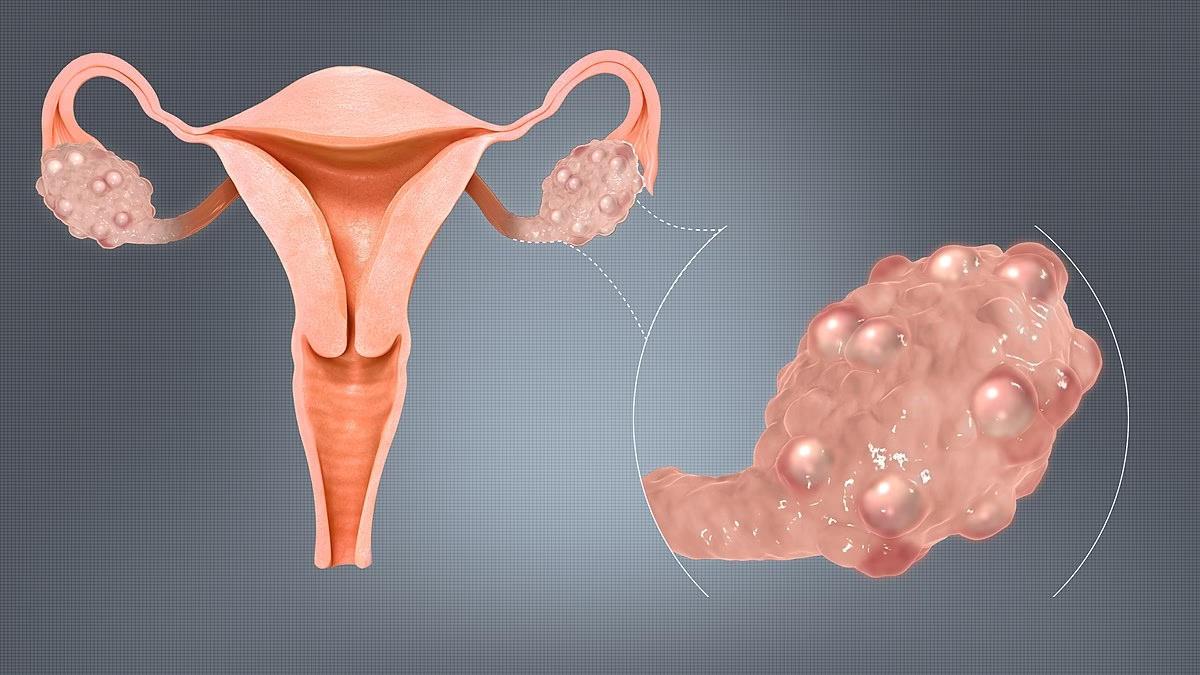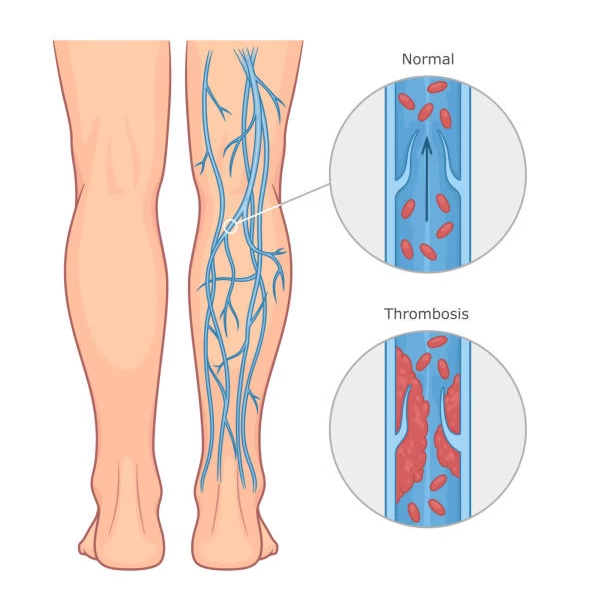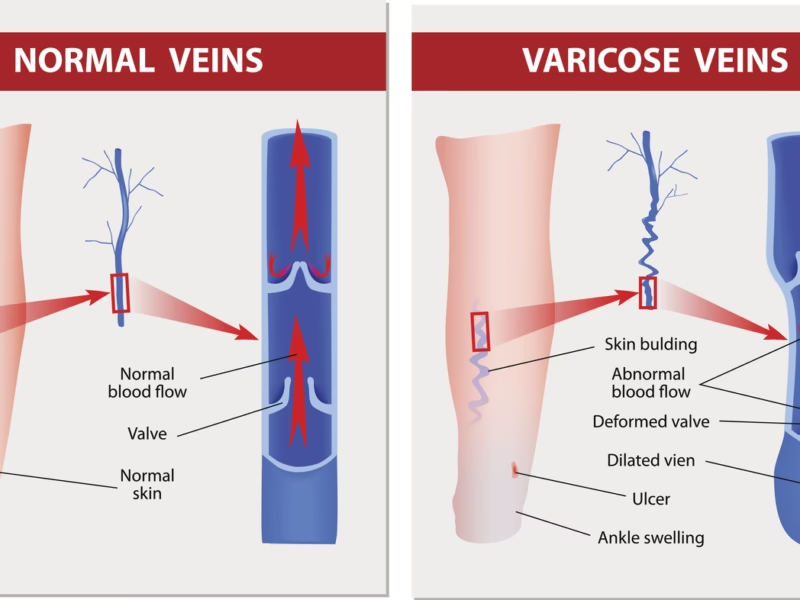Polycystic Ovary Syndrome, commonly known as PCOS, is one of the most prevalent hormonal disorders affecting women of reproductive age. It impacts various aspects of health, from menstruation to fertility, and can cause long-term complications if not addressed properly.
Understanding the symptoms, causes, and treatment options of PCOS is crucial for managing this condition and improving quality of life.
What Is PCOS?
PCOS (Polycystic Ovary Syndrome) is a hormonal disorder that occurs when a woman’s ovaries produce an abnormal amount of androgens (male hormones). This imbalance disrupts ovulation and can lead to multiple small cysts in the ovaries, irregular menstrual cycles, and other health issues.
Note: It is different but often confused with PCOD (Polycystic Ovary Disease). PCOS typically refers to a hormonal imbalance, while PCOD refers to a structural issue in the ovaries.
Common Symptoms of PCOS
Women suffering from PCOS may experience a variety of symptoms, which vary in intensity:
- Irregular or absent menstrual cycles
- Difficulty getting pregnant (polycystic ovaries pregnancy challenges)
- Excessive hair growth on face, chest, or back (hirsutism)
- Acne and oily skin
- Weight gain, especially around the abdomen
- Thinning hair or hair loss
- Darkening of skin in body folds
- Fatigue and mood swings
Recognizing these early can help in early diagnosis and treatment.
What Causes PCOS?
The exact reason of PCOD or PCOS remains unclear, but several factors are believed to contribute:
1 Hormonal Imbalance
An increase in male hormones (androgens) interferes with ovary function, preventing regular ovulation.
2 Insulin Resistance
High insulin levels can cause the ovaries to produce more androgens. Many women with PCOS are overweight or obese, which worsens insulin resistance.
3 Genetic Factors
Family history plays a role. If your mother or sister has polycystic overies, your risk is higher.
4 Low-Grade Inflammation
Chronic low-level inflammation may trigger androgen production by the ovaries.
The cause is often multifactorial, combining genetics, lifestyle, and environmental factors.
Effects of PCOS on Health
PCOS is more than a reproductive disorder. The effects of PCOS can be widespread:
- Infertility due to lack of ovulation
- Increased risk of developing type 2 diabetes
- Higher chance of cardiovascular disease
- Obesity
- Sleep apnea
- Mental health issues (depression, anxiety)
- Endometrial cancer due to prolonged lack of periods
Early diagnosis and a healthy lifestyle are key to managing long-term risks.
Treatment Options for PCOS
Although there’s no permanent cure, many treatments can help manage the symptoms:
1 Lifestyle Changes
- Balanced diet focused on whole foods
- Regular physical activity
- Weight management helps improve insulin sensitivity and hormone balance.
2 Medications
- Hormonal birth control pills: Regulate menstrual cycles and reduce androgen levels.
- Metformin: Helps improve insulin sensitivity and may regulate periods.
- Clomiphene Citrate: Used to stimulate ovulation for those trying to get pregnant.
- Anti-androgens (like spironolactone): Help reduce excess hair growth and acne.
3 Natural Remedies
- Spearmint tea, inositol supplements, and cinnamon have shown promise in reducing androgen levels and improving insulin resistance.
Polycystic Ovaries and Pregnancy
Having polycystic ovaries pregnancy is possible but can be more challenging due to irregular ovulation or hormonal imbalance. Many women with PCOS still conceive naturally or with the help of fertility treatments. Early diagnosis and treatment improve the chances of a healthy pregnancy.
Tip: Always consult a gynecologist or fertility specialist for personalized care.
Final Thoughts
Polycystic Ovary Syndrome (PCOS) affects many women globally, but it doesn’t have to dictate your life.
✅ Recognize the symptoms early
✅ Understand the pcod reason and contributing factors
✅ Take action through lifestyle changes, medical treatments, and natural remedies
Managing PCOS is about long-term health and not just temporary fixes. Empower yourself with knowledge and take small steps toward a balanced life.
Your health is your greatest asset. 🌸


